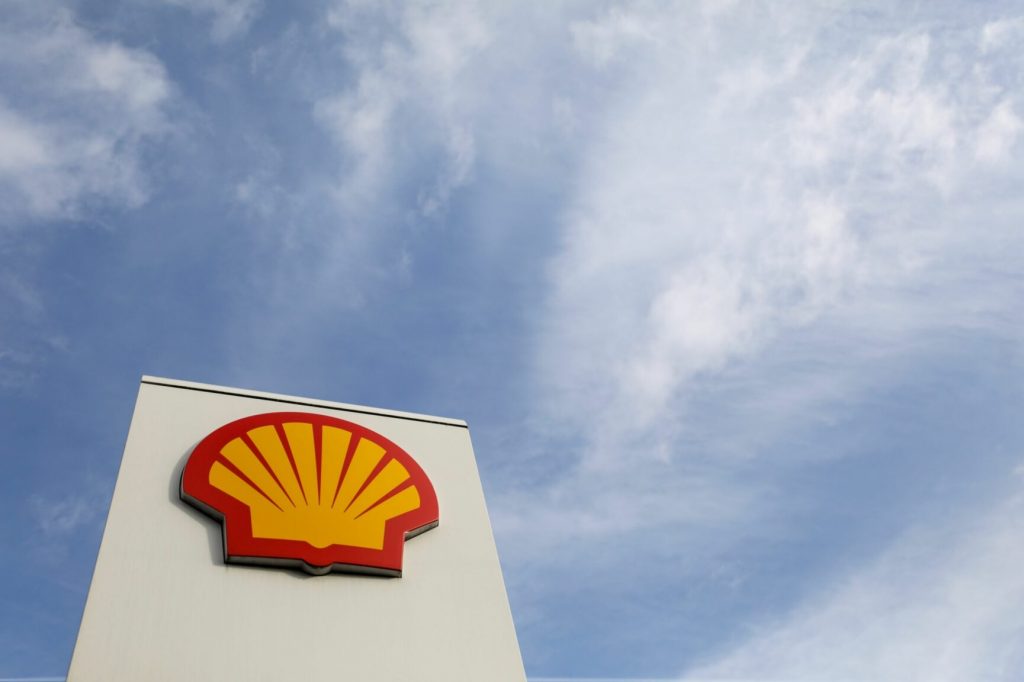Oil giant Shell is planning to move its headquarters from the Netherlands to the UK, pending a key shareholder vote next month.

The board of the energy supermajor announced that a general meeting would be held next month to let shareholders vote on a new and simplified structure for the company.
Shell (LON: RDSA) said the proposal would establish “a single line of shares” to eliminate the complexity of its current A/B share structure and make it “simpler for investors to understand and value”.
The plans would also see the company move its tax residence from the Netherlands to the UK, where it would relocate its chief executive and chief financial officer. Board and executive committee meetings would also be held in the UK.
It said it would continue to be a significant employer and hold a “major presence” in the Netherlands, and that its projects and technology, global upstream, integrated gas and renewable energies businesses would all remain located in The Hague.
The company’s corporate governance structure will remain unchanged.
Shell has been incorporated in the UK with Dutch tax residence and a dual share structure since 2005, when Koninklijke Nederlandsche Petroleum Maatschappij and the Shell Transport and Trading Company were brought together under a single parent company.
The company notes in its statement that its current structure is subject to “constraints” and “may not be sustainable in the long term.”
The move follows pressure from activist investor Third Point, which has built up a $750m stake in the company, to break up the Shell business.
The firm said in a letter to investors ahead of Shell’s Q3 results that the company would benefit from breaking off its liquefied natural gas, renewables and marketing businesses into a standalone unit. This would separate it from Shell’s legacy energy business, which would include the upstream, refining and chemicals operations.
Ditching ‘Royal Dutch’
Notably, the move would also see the company lose its “Royal Dutch” designation. Accordingly, the board said it expects to change the company’s name from Royal Dutch Shell plc to Shell plc.
“Carrying the Royal designation has been a source of immense pride and honour for Shell for more than 130 years,” Shell said in a statement. “However, the company anticipates it will no longer meet the conditions for using the designation following the proposed change.”
Strategically, the company says the restructure would enable an “acceleration” in share buybacks, granting a larger, single pool of ordinary shares that can be bought back.
Following the start of a $2 billion buyback programme in July, Shell announced in September that it will return an additional $7 billion to shareholders following completion of the sale of its Permian assets in the United States.
Shell also said the change would better enable it to meet the demands of the energy transition and deliver its net zero goals, by granting “greater agility” in managing its portfolio.
It stressed that shareholders would continue to hold the same legal, ownership, voting and capital distribution rights in the company, and that shares would continue to be listed in Amsterdam, London and New York (through the American Depository Shares programme), with FTSE UK index inclusion.
The change of headquarters and structure will also have no impact on the ruling by a Dutch Court earlier this year, which ordered the company to cut its emissions by 45% by 2030.
However, the move appears to have taken the Dutch government by surprise. In a statement posted on Twitter, Economic Affairs Minister Stef Blok said: “We are unpleasantly surprised by this. The cabinet deeply regrets this intention.
“We are in talks with Shell about the implications of this move for jobs, critical investment decisions and sustainability. Those are hugely important.
“Shell has assured us that the personnel consequences of this decision will be limited to the relocation of a number of executive/board positions from the Netherlands to the United Kingdom.”
Shell chairman, Sir Andrew Mackenzie, said: “At a time of unprecedented change for the industry, it’s even more important that we have an increased ability to accelerate the transition to a lower-carbon global energy system.”
“The simplification will normalise our share structure under the tax and legal jurisdictions of a single country and make us more competitive. As a result, Shell will be better positioned to seize opportunities and play a leading role in the energy transition.
“Shell’s Board unanimously recommends shareholders vote in favour of the proposed resolution.”
‘Net positive’
The move has been described as positive for shareholders in streamlining Shell’s structure, but is unlikely to prompt any major changes for investors.
In an analyst note, Hargreaves Lansdown equity analyst Laura Hoy said: “Aside from the fact that the shares they hold will no longer come with a ‘Royal’ designation, this new alignment won’t change much for investors.
“The long-term growth story for Shell still rests heavily on the oil price. For now, buoyant oil prices are keeping the group’s cash coffers topped up, which has had a positive impact on debt and given the group the means to boost shareholder returns. However, with the inevitable shift to more sustainable energy picking up steam we suspect the need to invest in greener operations will keep a lid on what the group can pass on to shareholders.”
